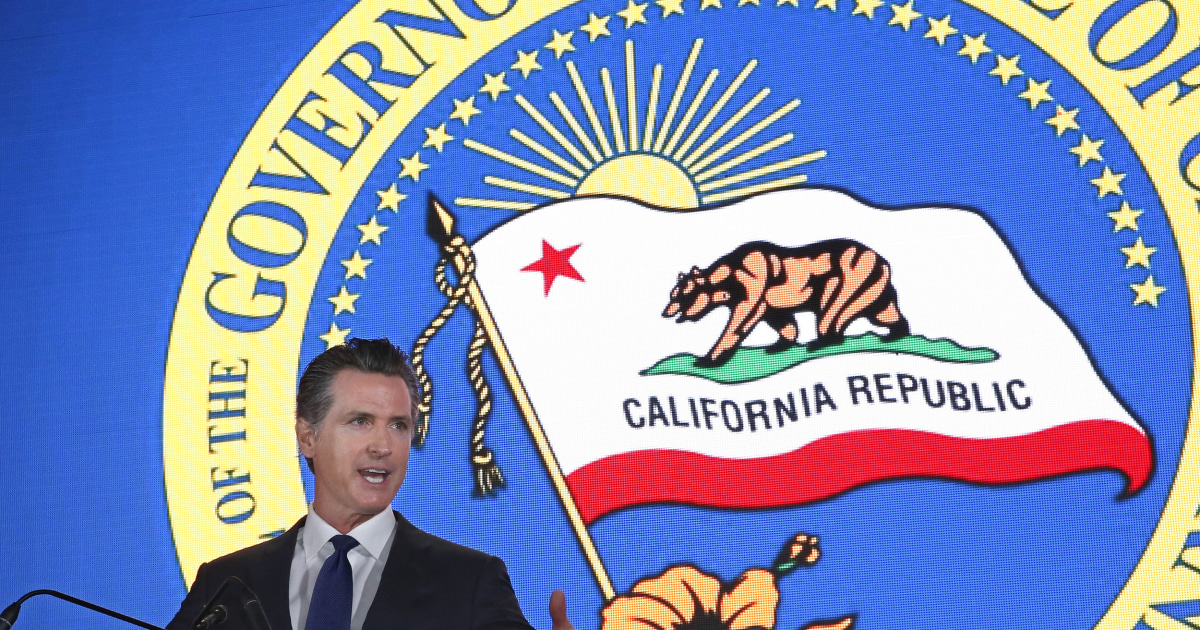
On Oct. 23, the Donald Trump administration filed a lawsuit against California. It attacks the legitimacy of the carbon emissions cap-and-trade program that California established with Quebec. If the president wins, Quebec could soon be alone in the deal, though that deal was conceived with the ambition of including all of North America. Now, although Quebec is at risk of suffering collateral damage, the lawsuit is not an attack on Canada. Rather, it is the latest component of the Trump administration’s war with California, one of America’s leaders in the fight against climate change.
The Department of Justice’s lawsuit draws on Section 10 of Article 1 of the Constitution which provides that a state does not have constitutional authority to sign international alliances and treaties. By extending the cap-and-trade program beyond America’s borders, the Golden State is allegedly carrying out a foreign policy at the same time as the federal government, which could hurt the federal government’s ability to speak as one united voice when it comes to foreign affairs. Indeed, state law cannot contradict U.S. foreign policy. Nevertheless, there is room for interpretation, and it is hard to say what side the courts will come down on.
A Late Appeal
The legitimacy of the agreement between California and Quebec, which dates back to 2013, has not been questioned until now. Where Barack Obama saw a novel solution allowing for concrete action against climate change—since he was not in a position to roll out a solution on a national scale—Trump sees California insulting him for the umpteenth time and refusing to conform to the laissez-faire position that the government decided to adopt when it comes to the environment. Indeed, since Trump took office, California, like other cities and states, by the way, has tried hard to preserve a number of environmental regulations, while the White House busies itself, in a quasi-obsessive way, undoing measures put in place by the previous administration.
Therefore, even though it turns on a constitutional question, this lawsuit is no more than another attempt to stop California and its Democratic governor, Gavin Newsom, from exercising any leadership in the realm of environmental regulation. For Trump, it is not enough to repeal the environmental policies adopted by Obama. The president wants to make sure that nobody is in a position to continue the work of his predecessor, work that he is desperately and meticulously trying to undo. To date, according to The New York Times, the Trump administration has reversed, or is in the process of repealing, 80 regulations regarding air and water quality, toxic substances, the protection of wildlife, and the extraction of fossil fuels in protected areas, not to mention the upcoming withdrawal from the Paris climate agreement and significant budget cuts to the Environmental Protection Agency. President Trump has nevertheless found a sizable adversary in Gov. Newsom, certainly just as stubborn as he is, and, on top of that, someone who has enough room for political maneuvering to oppose the president. Indeed, the governor heads a solidly Democratic state, which he won with 61.9% of the vote, and where Trump has an approval rating of around 35%.
1 Country, 2 Visions
The White House and the Golden State are not engaged in their first dispute. Sacramento has already filed lawsuits to try to stop the repeal of around 30 climate change-related regulations adopted under Obama. Very recently, California has gone even farther by entering into an agreement with several car manufacturers to maintain emissions standards that have been abolished at the federal level. The Trump administration responded by revoking the state’s ability to establish its own standards, a decision that California is now contesting in court. Several states, including North Carolina, Colorado, Illinois, Maryland, Massachusetts, Michigan, Nevada, New Mexico, New York, Oregon, Pennsylvania, Washington and Wisconsin, rallied behind California in this cause that could end up in the Supreme Court and that could very well not be heard before the next presidential election. Indeed, the legal proceedings could take months, even years, and could very well be abandoned if a Democratic president is elected in 2020. Currently, by opposing the Trump administration and trying to preserve a certain number of environmental regulations, California and the other states that have followed on its heels are trying to limit the damage to the environment that Trump’s drive to completely erase Obama’s environmental record will do.

Leave a Reply
You must be logged in to post a comment.